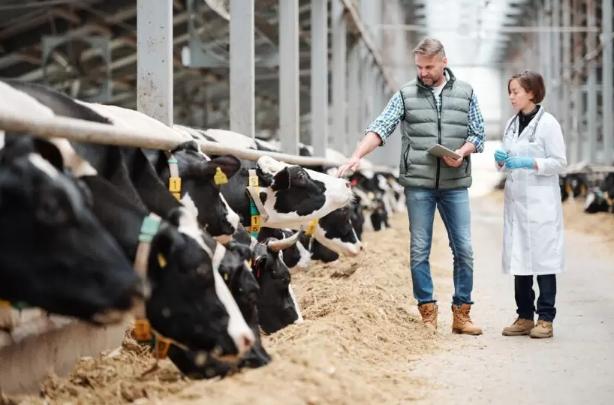The United States is urging the United Kingdom to allow American agricultural products into its markets. This is part of a broader dialogue aimed at forging a foundational trade partnership, an accord that could offer extensive economic benefits but stop short of being a comprehensive free trade agreement.
Negotiations between Washington and London are in the early stages, focusing on a diverse array of sectors, including digital trade, labor protections, and notably, agriculture. The details, disclosed by The Guardian and initially unveiled by Politico, outline a partnership that doesn’t promise specific levels of access for service providers in either nation. This limitation indicates the proposed agreement isn’t the expansive free trade deal that Brexit supporters championed in the aftermath of the UK’s decision to leave the European Union.
The conversation may hit a snag when it comes to agriculture. A previous attempt to seal a free trade deal faltered primarily because the UK was unwilling to import American food products like chlorine-washed chicken or hormone-injected beef, citing stringent animal welfare and food safety regulations.
A spokesperson for the Department for Business and Trade stated:
“The UK and US are rapidly expanding the work we do together across the full spectrum of our economic, technological, commercial and trade relations through the Atlantic declaration. Discussions with the US on next steps under this first-of-its-kind agreement are ongoing.”
While the US-UK trade partnership is vital, the British government, particularly Chancellor of the Rishi Sunak, is heavily focused on concluding a significant free trade agreement with India this year. This prospective deal with India is a top priority, marking a pivotal achievement for post-Brexit Britain in its efforts to negotiate independent trade agreements.
Despite the urgency to solidify the India trade deal, the dialogues with the US aren’t on the back burner. According to government documents, while attention is concentrated on India, active engagement with the US is set to escalate in the upcoming year. The objective is to finalize the agreement before both nations plunge into their respective general elections.
However, these ambitious plans imply that negotiations for separate trade agreements with Canada and Mexico might experience delays. The sticking point, however, continues to be the agricultural sector. The UK’s environment department remains staunch in its position against permitting the entry of American food products that are produced according to lower regulatory standards.
A government source hinted at the dilemma faced by UK leadership – either yield to the US demands potentially compromising on the quality and safety standards of food products or stand firm and risk the US retreating from the negotiating table. The decisive call rests with the Prime Minister, whose decision could chart the course of the UK’s trade relationships in the post-Brexit era.



